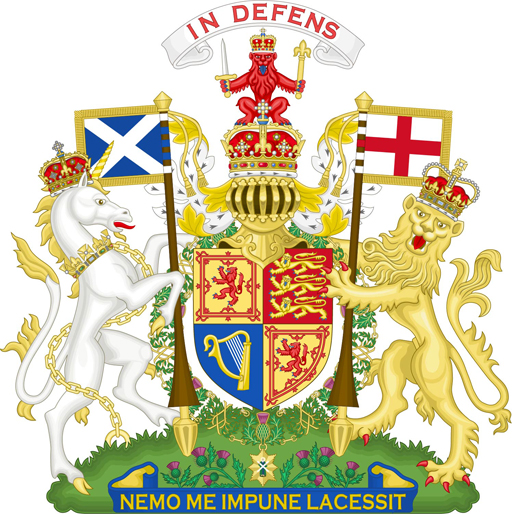1 An overview of the court system
As we have learnt, all court business in Scotland is classified as either criminal or civil. This classification is important as it determines a number of things such as the remedy or sanction which may be applied, the reasons for bringing a case and who may bring the case (have standing to bring a case). The court structure reflects this classification by structurally separating criminal from civil courts.
Criminal cases (sometimes referred to as matters or business) are heard in the criminal courts. These courts consider prosecutions brought by the Procurator Fiscal (you learn more about this later). The court structure and procedures and are known collectively as the criminal justice system. Civil cases are heard within the civil courts. In civil cases (sometimes referred to as matters or business) the court will determine disputes between the parties to the case. These courts also have their own structure and procedure, known as the civil justice system.
At the end of this course you will find a link to a glossary of Scottish legal terms which lists terms lawyers use together with an explanation.

